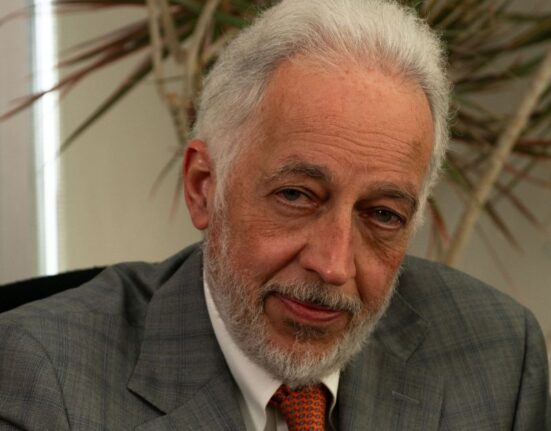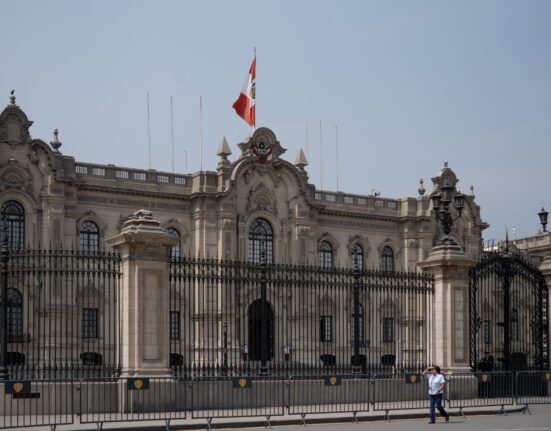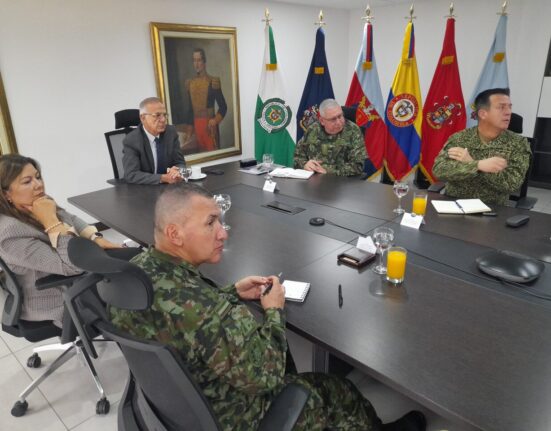The Banco do Brasil and the Agência Francesa de Desenvolvimento (AFD) recently solidified their commitment to raising 250 million euros (approximately R$1.6 billion). These funds are earmarked for sustainable projects focusing on bioeconomy, restoration of degraded areas, low-carbon agriculture, reforestation, and biofuels. The primary beneficiaries of these initiatives will be the Amazon, Cerrado, and Caatinga biomes.
“This operation goes beyond being a financial instrument; it signifies international cooperation to bolster our joint support for a more sustainable and inclusive future,”
stated José Ricardo Sasseron, Vice President of Government Affairs and Corporate Sustainability at Banco do Brasil.
Dominique Hautbergue, Director of AFD in Brazil, emphasized that this partnership underscores a commitment to a development model that respects territories, people, and the environmental heritage of the Amazon. Hautbergue added that this collaboration strengthens AFD’s engagement with public development banks by expanding investments crucial for driving sustainable value chains and promoting tropical forest conservation.
The initiative aims to positively impact around 50 thousand families through various ventures designed to enhance ecological resilience while fostering economic growth. By investing in bioeconomy-focused projects within ecologically diverse regions like the Amazon rainforest and other critical biomes in Brazil, Banco do Brasil seeks not only financial returns but also long-term environmental sustainability.
The partnership between Banco do Brasil and AFD reflects a global trend towards responsible finance and ecological stewardship. This alliance is not just about monetary transactions; it embodies a shared vision for a greener future where economic prosperity is intertwined with environmental preservation.
As countries worldwide grapple with pressing environmental challenges such as climate change and biodiversity loss, collaborations like this serve as beacons of hope. By leveraging financial resources to support sustainable practices in agriculture, forestry, and renewable energy sectors, institutions like Banco do Brasil can play a pivotal role in shaping a more resilient future for generations to come.
In conclusion, the collaboration between Banco do Brasil and AFD symbolizes a significant step towards fostering sustainable development practices that prioritize both people’s well-being and environmental conservation. Through strategic investments in bioeconomy initiatives guided by principles of sustainability, these institutions are paving the way for a more harmonious relationship between human activities and nature’s ecosystems.









Leave feedback about this